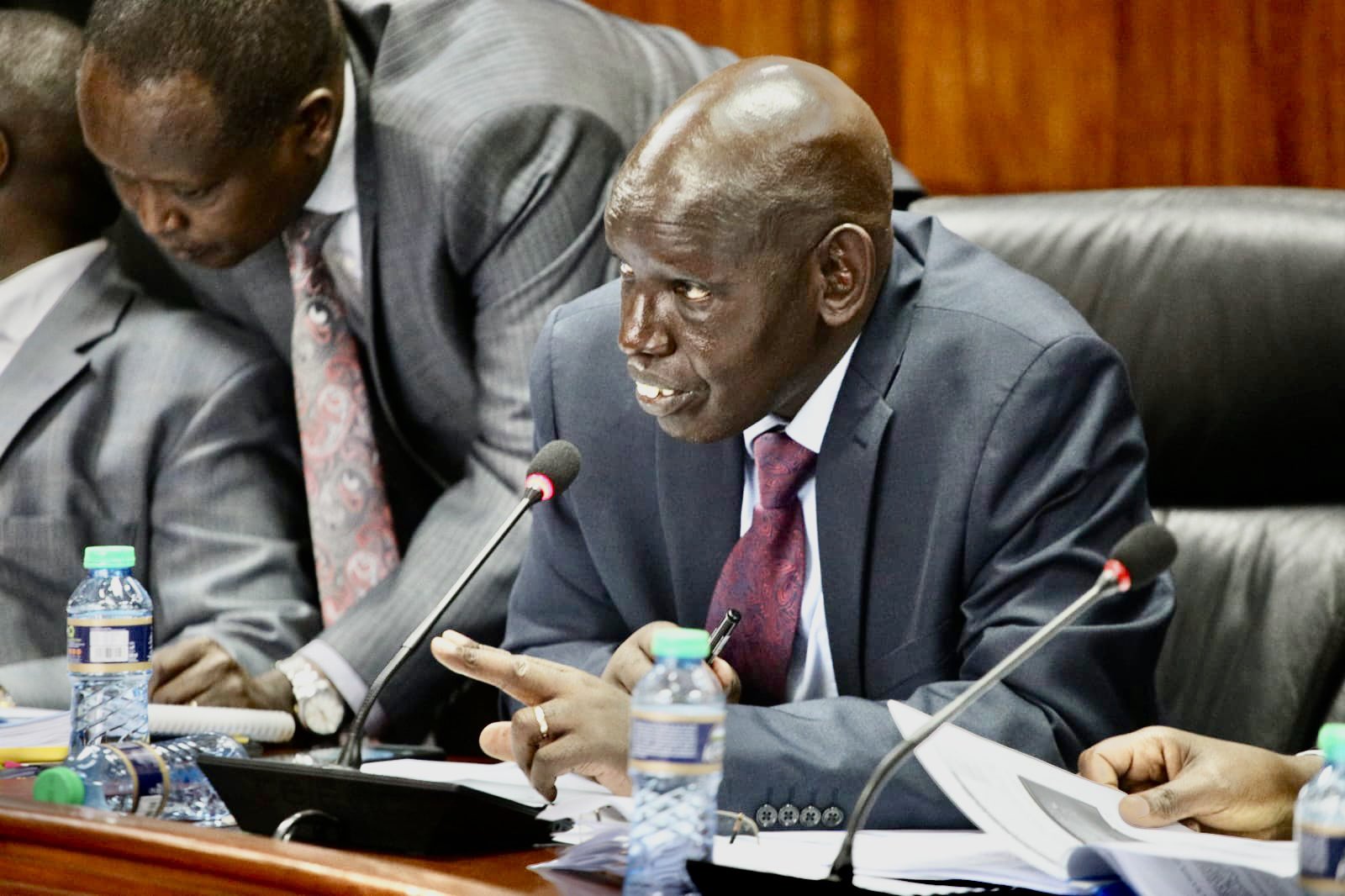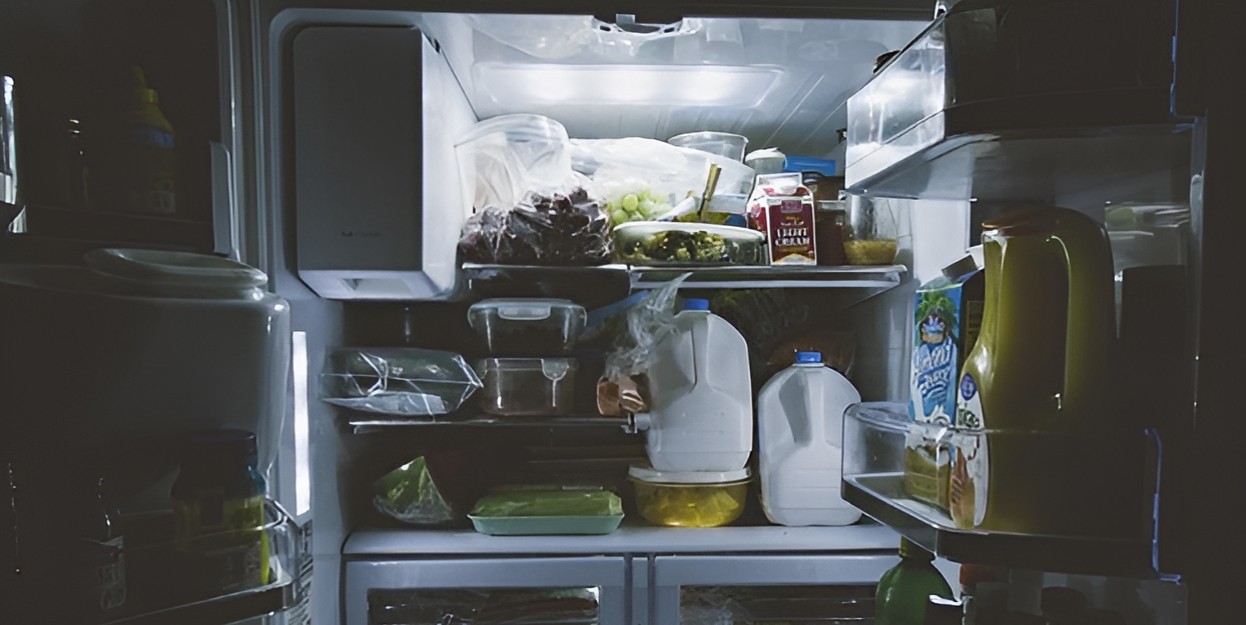Kenya, Iran form joint committee to resolve tea export ban within 60 days

The goal is to resume exports to Iran before the end of the 60 days, reviving a vital market for Kenya’s tea farmers and exporters.
Kenya and Iran have established a joint committee aimed at resolving trade disputes and paving the way to lift the ban on Kenyan tea exports within the next 60 days.
This move follows a scandal involving a Kenyan company, Cup of Joe Limited, which was deregistered after it was found to have imported low-grade tea, blended it, and exported it to Iran as high-quality Kenyan tea.
More To Read
- Iran urges extraordinary OIC meeting on Gaza humanitarian catastrophe
- Government revokes licences of tea exporter accused of irregular trade with Iran
- Iran rejects US claim of sending military shipment to Yemen
- Iran signals willingness to resume US nuclear talks if Israeli attacks cease
- Cold weather comfort: How to make spicy Somali tea (Shaah) at home
- Israeli strikes kill 25 people in Gaza as ceasefire talks loom in Washington
Cup of Joe Limited’s alleged malpractice triggered the diplomatic dispute that led to Iran’s ban on Kenyan tea.
The company has since been deregistered by the Tea Board of Kenya (TBK) and is set to face prosecution for its role in the scandal.
The announcement was made during the 7th Session of the Kenya-Iran Joint Commission for Cooperation (JCC) held in Nairobi.
The session was co-chaired by Kenya’s Prime Cabinet Secretary Musalia Mudavadi and Iran’s Minister of Agricultural Jihad, Dr Gholamreza Nouri Ghezalcheh.
Agriculture and Livestock Development Cabinet Secretary Mutahi Kagwe said both countries have agreed to develop stricter regulations to prevent future cases of fraudulent trade practices and to safeguard the integrity of Kenya’s tea industry.
"Kenya's tea sector is one of our largest foreign exchange earners, and we must protect it from unscrupulous traders who damage our reputation," said Kagwe.
Before the suspension, Iran was among Kenya’s top importers of tea.
TBK data shows that in 2024, Iran was among the top ten importers of Kenyan tea, bringing in 13 million kilograms valued at Sh4.26 billion.
Pakistan remains the largest importer, accounting for 34.7 per cent of Kenya’s total tea exports worth Sh70 billion.
"Kenya's tea was shipped to 96 export destinations compared to 92 in the year 2023. The ban has caused significant losses to Kenyan tea farmers and exporters," the Ministry stated.
Other major export destinations include Egypt, which imported 86.9 million kilograms worth Sh23.96 billion; the UK with 57.44 million kilograms valued at Sh16.99 billion; and the UAE, Russia, India, Saudi Arabia, and Yemen also feature among key markets.
The joint committee will work on a framework to restore trust between the two countries and ensure full compliance with quality standards.
The goal is to resume exports to Iran before the end of the 60 days, reviving a vital market for Kenya’s tea farmers and exporters.
Top Stories Today













































